Exploring benefits and models of blended learning technology in modern professional training
DOI :
https://doi.org/10.34069/AI/2023.67.07.5Mots-clés :
technology of blended learning, professional training of specialists, digital transformation of education, information and educational environment, basic models of blended learning.Résumé
The article shows the main ways of applying the mixed learning technology in the modern professional training of specialists. The purpose of the article is to find out the main ways of applying the technology of mixed learning in the modern professional training of specialists. The methodological concept provides a categorical and component analysis of the technology of mixed learning in the modern professional training of specialists in the following dimensions: philosophical, psychological, cultural, socio-pedagogical. The following methodological approaches were used in the article: sociosystemic, informational, synergistic, interdisciplinary, axiological, cultural, structural and functional and subject-activity. In connection with the digital transformation of education, we will distinguish three main components of mixed learning that can be implemented in a higher education institution, that is, in its information and educational environment (traditional learning (face to face); self-study learning; joint online - learning (online collaborative learning). The four basic models of mixed learning, which are discussed in the article, are the most popular (rotational model, flexible model, self-mixing model, virtual-enriched model).
Téléchargements
Références
Dubinina, O.V. (2018). Information technologies in the process of learning foreign languages in economic profile high schools (blended learning model). The use of the blended learning model in teaching foreign languages: abstracts of reports. Kyiv: Kyiv. national trade and economy University, 38-42. (In Ukrainian).
Edera R&D. (2019). Blended learning: essence and benefits in today's world. http://blog.ed-era.com/blended-learning/.(In Ukrainian).
Guo, Ph. (2013). Optimal Video Length for Student Engagement. [Web log post]. https://eddl.tru.ca/wp-content/uploads/2019/08/EDDL5101_W5_Guo_2013.pdf
Kravchenko, T., Varga, L., Lypchanko-Kovachyk, O., Chinchoy, A., Yevtushenko, N., Syladii, I., & Kuchai, O. (2022). Improving the Professional Competence of a Specialist in Poland by Implementing Multimedia Technologies. International Journal of Computer Science and Network Security, 22(9), 51-58. DOI: https://doi.org/10.22937/IJCSNS.2022.22.9.8
Kuchai, O., Hrechanyk, N., Pluhina, A., Chychuk, A., Biriuk, L., & Shevchuk, I. (2022). World Experience in the Use of Multimedia Technologies and the Formation of Information Culture of the Future Primary School Teacher. International Journal of Computer Science and Network Security, 22(3), 760-768. https://doi.org/10.22937/IJCSNS.2022.22.3.100
Movchan, L., & Komisarenko, N. (2022). Blended learning as an innovative organization of the educational process in higher education institutions of Ukraine based on foreign experience. Current issues of humanitarian sciences, 48(2), 189-194. https://doi.org/10.24919/2308-4863/48-2-31. (In Ukrainian).
Osadcha, K., & Osadchy, V. (2022). Analysis of the experience of blended education in foreign institutions of higher education. Modern Information Technologies and Innovation Methodologies of Education in Professional Training Methodology Theory Experience Problems, 60, 410–420. https://doi.org/10.31652/2412-1142-2021-60-410-420. (In Ukrainian).
Panapto. (2019). What Is Blended Learning? https://www.panopto.com/blog/what-is-blended-learning/
Peresunko, O., & Smolnikova, O. (2022). Blended learning as a modern form of organizing the educational process. Proceedings of the MNL conferences, (May 20, 2022, Chernivtsi), 367–369. https://archive.liga.science/index.php/conference-proceedings/article/view/75. (In Ukrainian).
Polishchuk, G., Khlystun, I., Zarudniak, N., Mukoviz, O., Motsyk, R., Havrylenko, O., & Kuchai, O. (2022). Providing the Practical Component of the Future Specialist with Multimedia Technologies in the Educational Process of Higher Education. International Journal of Computer Science and Network Security, 22(9), 714-720. DOI: https://doi.org/10.22937/IJCSNS.2022.22.9.93
Puchkov, I.R. (2017). Use of blended learning in training primary class teachers journal of Alfred Nobel University. "Pedagogy and psychology" series. pedagogical sciences, 1(13), 260-264. (In Ukrainian).
Rashevska, N.V. (2010). Blended learning as a psychological and pedagogical problem, Bulletin of the Cherkasy University Series "Pedagogical Sciences", 191(4), 89-96. (In Ukrainian).
Shchyrbul, O., Babalich, V., Mishyn, S., Novikova, V., Zinchenko, L., Haidamashko, I., & Kuchai, O. (2022). Conceptual Approaches to Training Specialists Using Multimedia Technologies. International Journal of Computer Science and Network Security, 22(9), 123-130. https://doi.org/10.22937/IJCSNS.2022.22.9.19
Shevchuk, S.S. (2023). Methodology of implementation of mixed training in professional training of qualified specialists. Image of a modern teacher, 4(205), 109-114. https://doi.org/10.33272/2522-9729-2022-4(205)-109-114. (In Ukrainian).
Sobchenko, T.M. (2021). Blended learning: concepts and tasks. Pedagogy of creative personality formation in higher and secondary schools, 75(3), 73-76. DOI https://doi.org/10.32840/1992-5786.2021.75-3.14. (In Ukrainian).
Stratan-Artyshkova, T., Kozak, Kh., Syrotina, O., Lisnevska, N., Sichkar, S., Pertsov, O., & Kuchai, O. (2022). Formation of New Approaches to the Use of Information Technology and Search For Innovative Methods of Training Specialists within the Pan-European Educational Space. International Journal of Computer Science and Network Security, 22(8), 97-104. DOI: https://doi.org/10.22937/IJCSNS.2022.22.8.13
Tkachenko, A.V., & Romanenko, T.V. (2021). Features of using the technology of mixed education of students in the educational process of the university. Proceedings. Series: Pedagogical Sciences, 198, 175-180. https://pednauk.cuspu.edu.ua/index.php/pednauk/article/view/1048. (In Ukrainian).
Tsiuniak, O., & Rozlutska, H. (2021). Blended learning as an innovative form of organizing the educational process in institutions of higher education. Scientific Bulletin of Uzhhorod University. Series: "Pedagogy. Social Work", 2(49), 232-235. https://doi.org/10.24144/2524-0609.2021.49.232-235. (In Ukrainian).
Vyshkivska, B.V., Chemerys, O.A., Prus, A.V., & Kulyk, I.V. (2022). Blended learning as an innovative factor of modernization of the educational process. Pedagogy of creative personality formation in higher and secondary schools, 83, 131-135. https://doi.org/10.32840/1992-5786.2022.83.21. (In Ukrainian).




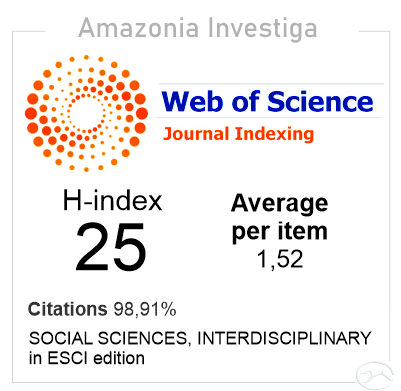
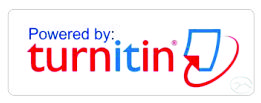


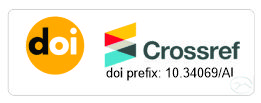
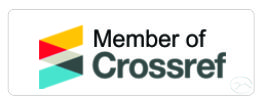
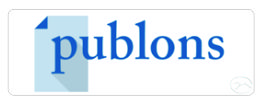

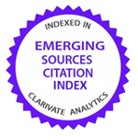
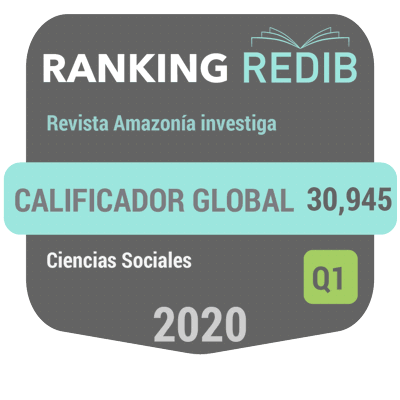
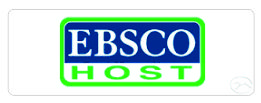






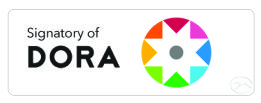
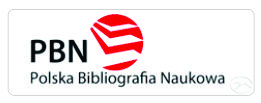
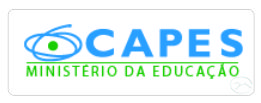

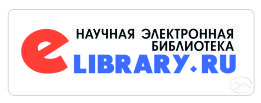

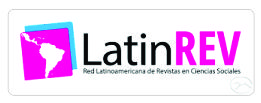
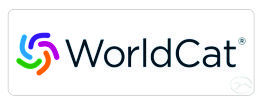

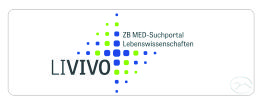



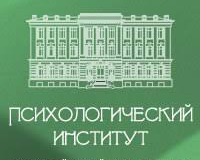












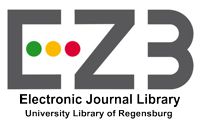

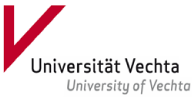



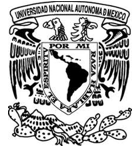
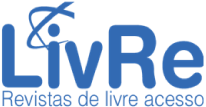










.gif)






